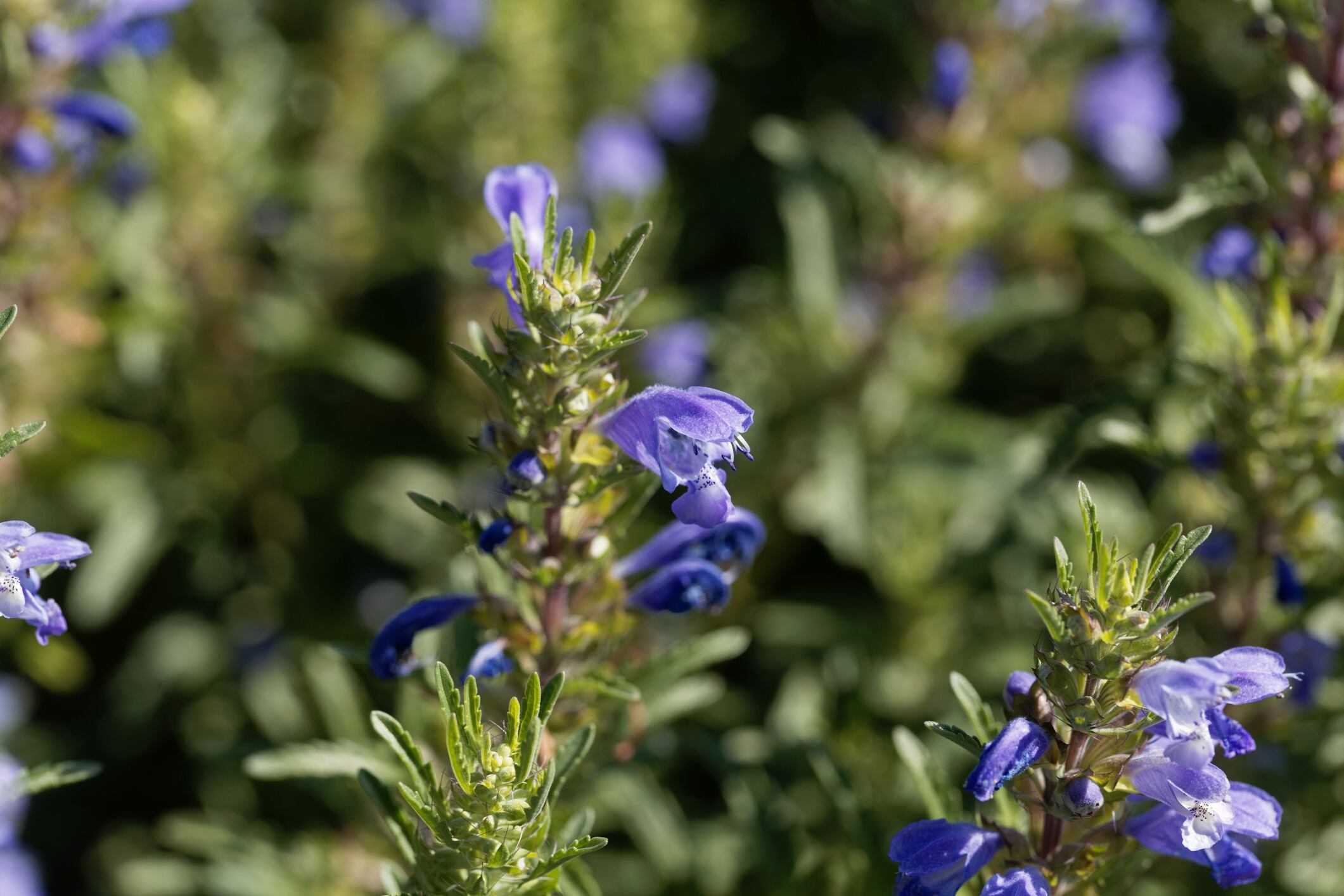The researchers employed by the Switzerland-based supplier, investigated the effect of the company’s botanical extract on various markers of aging skin in women between the ages of 35 and 65, concluding that the ingredient may be particularly beneficial for older individuals whose skin becomes more vulnerable with age.
DracoBelle Nu sd is a higher concentrated formulation of DracoBelle Nu designed to allow consumers to benefit from a reduced daily dosage of 100 mg.
Vegan collagen for aging skin
Aging skin becomes thinner and more prone to damage due to collagen breakdown, with internal factors (like hormones, stress, sleep and nutrition) and external factors (like pollution and UV exposure) accelerating the process.
Collagen plays a key role in keeping skin firm, elastic and hydrated, yet as people age, especially post-menopause, collagen levels drop, which can lead to visible signs of aging.
Collagen supplements have shown promise in improving skin texture, reducing wrinkles, and increasing firmness and hydration, however many consumers seek vegan collagen alternatives - plant-based ingredients that support the body’s natural collagen production.
Moldavian dragonhead (Dracocephalum moldavica L.), contains bioactive compounds that have demonstrated antioxidant, anti-inflammatory, and skin-repairing properties, and some studies in model organisms suggest it boosts collagen production and supports longevity.
Previous research also found that daily supplementation improved skin hydration, elasticity and density. A follow-up tested a lower dose and improved formulation to further explore its collagen-enhancing effects and the molecular mechanisms behind them.
Study details
The researchers enrolled 103 healthy non-smoking Caucasian women with visible wrinkles to participate in the randomized, double-blind, placebo-controlled study. Participants took either 100 mg MDH Nu sd or placebo daily for 12 weeks.
At weeks four, eight and 12, the researchers used a Corneometer to assess facial skin hydration and created hydration maps for a subgroup of participants. They also evaluated skin density using ultrasound imaging.
Results showed that after 28, 56 and 84 days of supplementation, skin hydration increased significantly by 16.4%, 53.6% and 71.1%, respectively, compared to baseline. The MDH Nu sd group also showed greater hydration than the placebo group, and hydration maps confirmed a steady improvement in skin hydration over time.
Results also showed that after 84 days of MDH Nu sd supplementation, overall skin thickness increased significantly, primarily due to a thicker dermis, which showed an 8.7% increase. However, the epidermal thickness remained largely unchanged, reinforcing that the collagen-boosting effects of the supplement targeted the dermal layer.
In order to investigate the mechanism underlying the collagen-boosting effects of MDH Nu sd, the researchers conducted an in vitro study in which human dermal fibroblasts were treated with the extract.
Results showed that after 24 hours, MDH Nu sd stimulated the expression of three collagen genes (COL16A1, COL3A1 and COL6A1), as well as biglycan (BGN) and matrix metalloproteinase MMP14. The researchers noted that the genes are vital for extracellular matrix (ECM) maintenance, collagen fibril assembly and ECM remodeling.
“The rejuvenating effects of Moldavian dragonhead extract, including increased dermal thickness and improved skin moisture, are auspicious and have significant implications for dermatology and cosmetic science,” the researchers concluded.
“By addressing skin aging ‘from within’, dietary supplementation with this natural compound may offer an effective and safe alternative to more invasive interventions.”
They called for future research to confirm the flavonoid glucuronide activity on skin health and collagen production and further investigate the effects of highly pure flavonoid-glucuronides derived from the Moldavian dragonhead.


